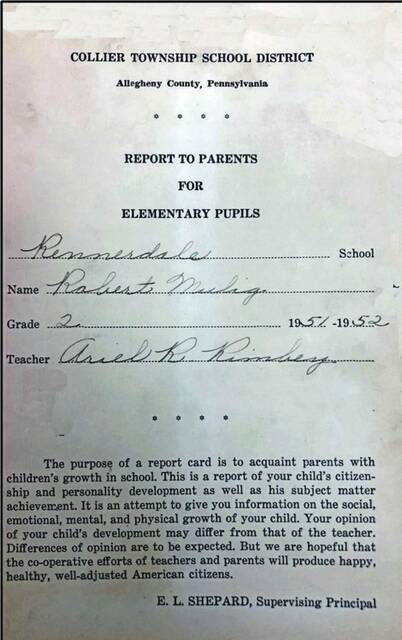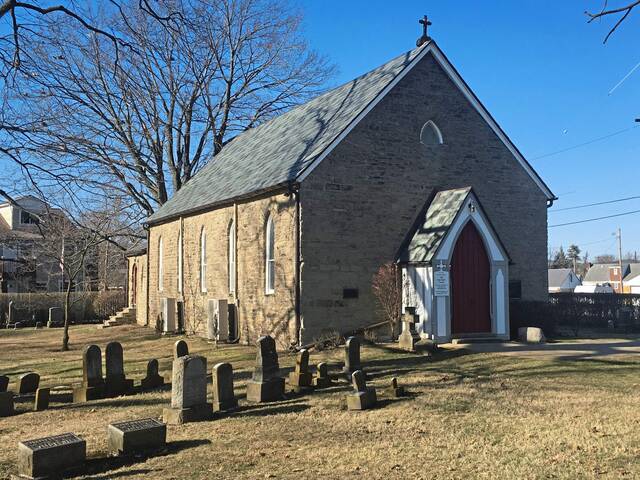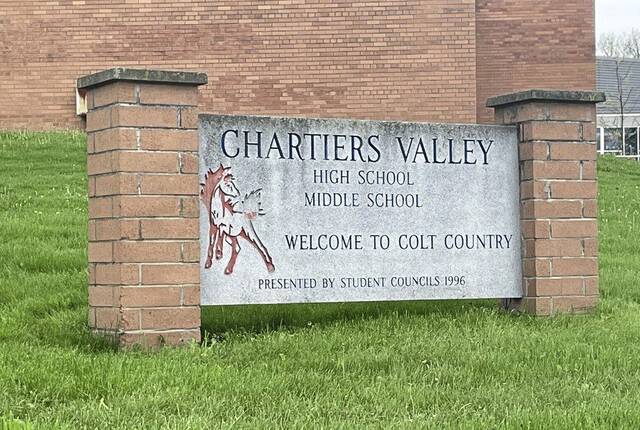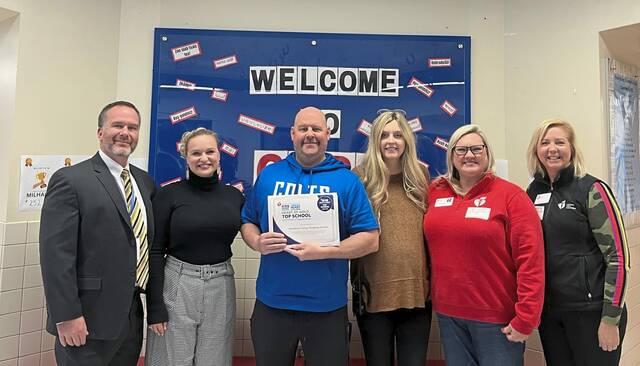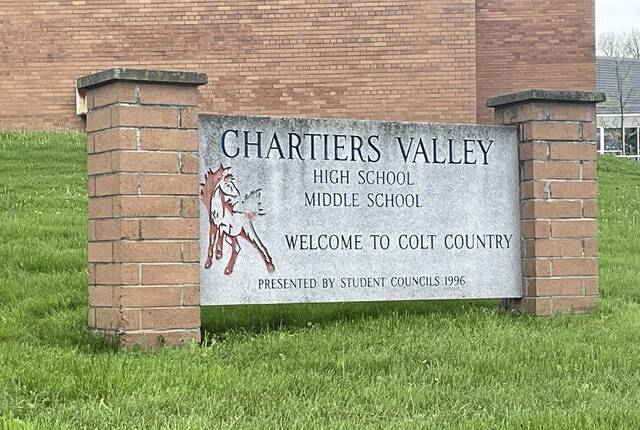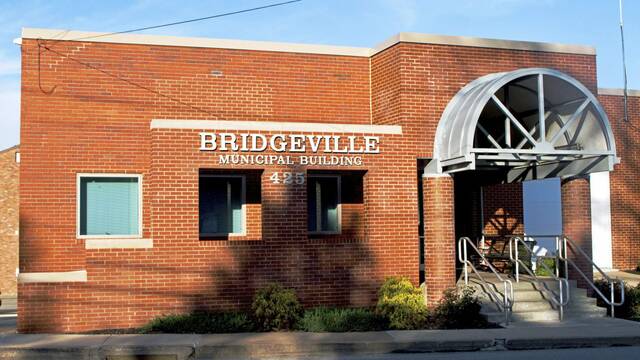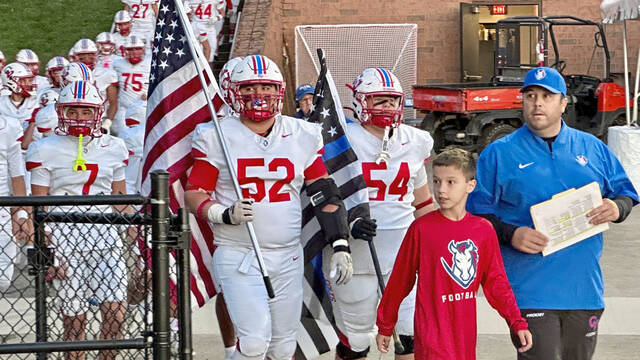Getting youngsters excited about their community’s past can be a tricky proposition, but a Chartiers Valley Primary School educator has her second-graders making exclamations along the lines of:
“Old St. Luke’s! I know where that is!”
The 268-year-old church in Scott is among the landmarks throughout the school district featured in “Chartiers Valley History for Kids,” a work in progress by teacher Shelley Territ that includes art and writing by her students
Co-authoring the book is Rand Gee, who has delved into the stories of yesteryear to help produce “Forgotten Mines and Coal Towns of Thoms Run,” “Memories of Collier Township,” “Forgotten People of Collier Township” and “Remembering Rennerdale.”
“It’s been a very fun project to work on, and it’s been challenging to me because you have to think differently when you’re writing for second-graders,” he said.
The format fits the bill, starting with “A is for Allegheny County” — piquing students’ interest in geography is a bonus — and wrapping up with “Z is for Zoo,” with snippets about folks who raised rabbits and minks, plus a boy with a pet crow.
Along the way are dozens of photographs gathered and, in many cases, taken by Territ and her husband, Rich. Numerous “fun activities” include questions with spaces for students to write answers and illustrations for them to color.
In fact, an early idea was for a coloring book with the outlines accompanied by descriptions of the subjects, as Gee had seen compiled for children in a town near Cleveland. He mentioned the idea to his collaborator.
“Shelley just got so excited, and now it’s a hundred and fifty pages,” he said, so the emphasis shifted: “Let’s put a book together that has pictures of things that they can see when they drive around, on school buses and with parents. Then let’s put some history behind that, so they can see what was there originally or when did that happen.”
The book’s genesis came during a time of unprecedented stress for educators.
“Teaching through covid was one of the hardest things we ever had to do,” Territ said, citing the example of being tasked with providing social studies instruction to almost 300 children for at-home learning on Fridays.
After studying state education standards, she began to focus on local landmarks and, seeking further material, purchased a copy of “Forgotten People of Collier Township.” Noticing Gee’s email address, she contacted him, and they ended up producing videos together to share kid-friendly historical tidbits with her students.
“All of a sudden in the summer, he asked me, ‘Do you want to write a book? I want to do one for kids,’” Territ recalled.
As a Scott resident who grew up in the area, she was able to contribute relevant personal memorabilia, including a 43-year-old photo of her as a little girl, plus her siblings, with Franco Harris.
“After winning two back-to-back Super Bowls in 1979 and 1980, Steelers football players were invited to the Great Southern Shoppers Mart in the fall of 1980,” Territ explains in the book. “Excited Steeler fans could collect autographs by visiting a Steeler guest in each store.”
She also provides a copy of a 1951-52 report card for her father, Robert Mulig, when he was a second-grader at Rennerdale School. The document is signed by Collier school superintendent E.L. Shepard, for whom another Chartiers Valley elementary building was named.
The district’s elementaries were consolidated as the primary school at the start of 1996, and the book includes a picture of the original faculty members, Territ included, who continue to teach there.
Near CV’s primary, middle and high schools is the site of the former Woodville State Hospital, which ceased operation in 1992. Shelley and Rich Territ, along with some students, had a good time searching for bathtubs on the property that “were tossed into the woods when the hospital was closed,” according to the book. “You can still see them if you walk through the woods.”
For Gee, a native of Indiana who lives in Seattle, working on “Chartiers Valley History for Kids” represents further exploration into the area where his great-grandfather settled, his mother was born and relatives still live.
Plans call for a first run of the book in March for editing, with printing in April and having everything ready for the students shortly afterward.
“We’re going to encourage them to take this home at the end of the year and work with their parents on it,” Gee said. “The parents probably don’t know this history, either, so we’re hoping that they get excited about it.”






